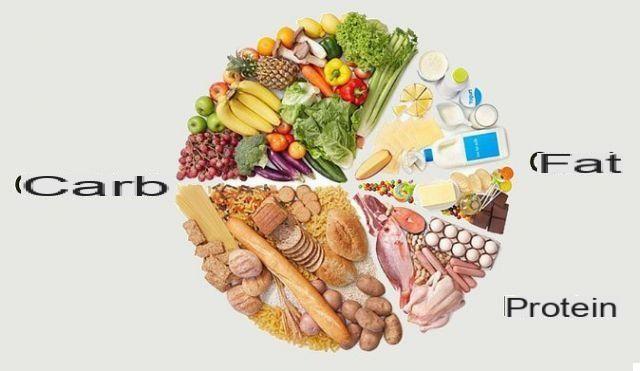
Introduction
It happens more and more often to meet athletes or simple fitness enthusiasts who make proteins their staple meal, as if they were the fundamental macronutrient of the diet.
In reality, proteins play a fundamental role in the reconstruction of tissues, while the real main fuel of our body always remains the carbohydrate.
Carbohydrates or Proteins?
If we were to compare the human body to a car, we could imagine proteins as spare parts or worn parts of the car (for example the tires to be replaced, the filter to be changed, etc.) while carbohydrates as a kind of gasoline. We know very well that a car without petrol could not move, fortunately for the human body it does not work in the same way, without carbohydrates, it is able to continue to perform its cellular functions using proteins; however, this will involve a hypoglucidic or low carb diet (Low Carbohydrate Content) which will lead to the appearance of ketosis, a metabolic alteration characterized by the accumulation of ketone bodies, secondary to the reduction of blood sugar which, in prolonged cases, will lead to unpleasant complications.
So why do different athletes or simple fitness enthusiasts resort to these high-protein diets more and more often?
The answer would seem to fall on endocrinological principles (Hormonal Factors), in fact a high-protein and drastically hypoglucidal diet would allow, in combination with an adequate physical training plan, to obtain a fast and consistent increase in muscle mass, the theoretical assumption is represented by a true and own axiom: the accumulation of proteins in the muscles in the form of myofilaments is due more to the high-protein diet than to the stimulus produced by physical exercise. This axiom would find confirmation in two of these points:
- Unassailable evidence: the functions performed by proteins and the eight essential amino acids have a critical value for the organism; it is therefore unthinkable that the organism wastes these macromolecules without providing for the formation of an adequate deposit. Filiform muscles would be sufficient to support normal vital functions, the existence of such an evident surplus cannot but be interpreted in the sense of a reserve deposit
- Hormonal factors: protein calorie overnutrition minimizes testosterone production and also increases urinary excretion; high-protein meals increased protein storage synthesis, especially if most of the protein content is taken in a single meal; furthermore, the anabolic effect of growth hormone (GH) seems to be given to the suppression of catabolism rather than to the true increase in protein synthesis. Insulin plays an important role in ensuring a high level of protein storage in the muscle which it performs most effectively at moderate levels. From here we deduce the need to limit the intake of carbohydrates (or carbohydrates) which are harmful for the purpose of protein deposition.
Therefore, an almost totally protein and high-calorie diet creates hormonal situations favorable to the deposition of proteins in the muscles in the form of myofilaments, making them substantially larger (hypertrophic). But what are the possible consequences of such a diet?
Critical issues
Current knowledge in the nutritional field indicates the alteration of protein homeostates as a real risk to health, the main problem as previously mentioned concerns renal and hepatic overload - even if, in healthy subjects, it is difficult to prove real measurable damage. Another important element appears the risk of alteration of the intestinal microflora whose correct development is closely related to the presence in the diet of carbohydrates, fibers, vitamins and mineral salts, nutrients eliminated in high-protein diets.The last but not least important aspect is the consequence of extracellular dehydration always induced by too many proteins.
Body Building
Many add to this already dire situation periods of 5-6 days of high-gloss diet during intense workouts, followed by about 10 days of high-protein diet during muscle recovery and light workouts. In fact, as previously mentioned, small amounts of insulin (High-protein diets) guarantee a higher protein synthesis than that promoted by an excess of the hormone (High-protein diets). It should not be forgotten that the rapid recovery of muscle mass after a period of food shortage is a biological defense mechanism (Emergency) selected over millennia of evolution, not a physiological system on which to draw unlimited.
Note: for those who do not want to raise the calorie intake of carbohydrates and decrease the protein intake, it is recommended to drink a lot of water, in doing so it is possible to slightly reduce kidney stress.


























